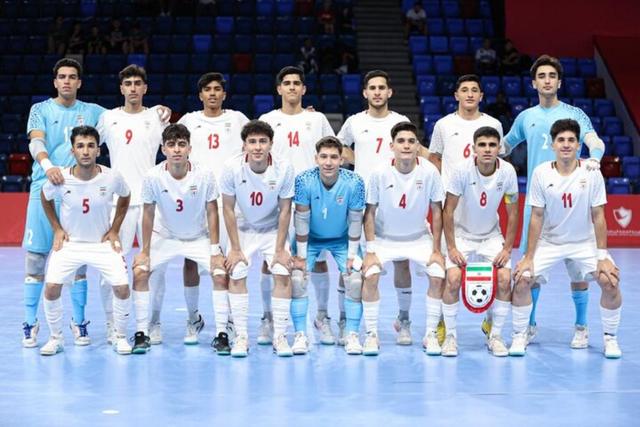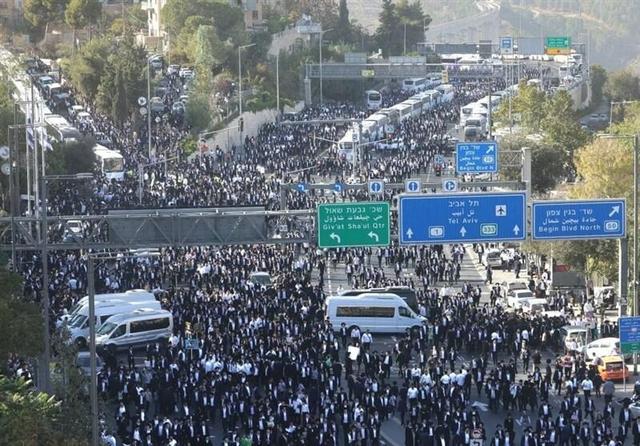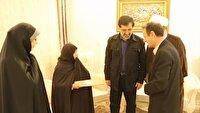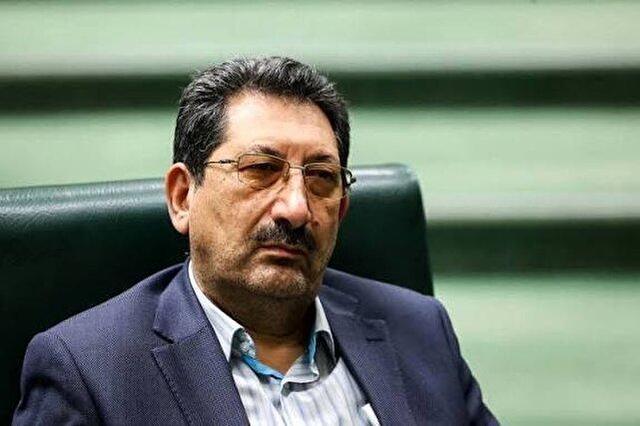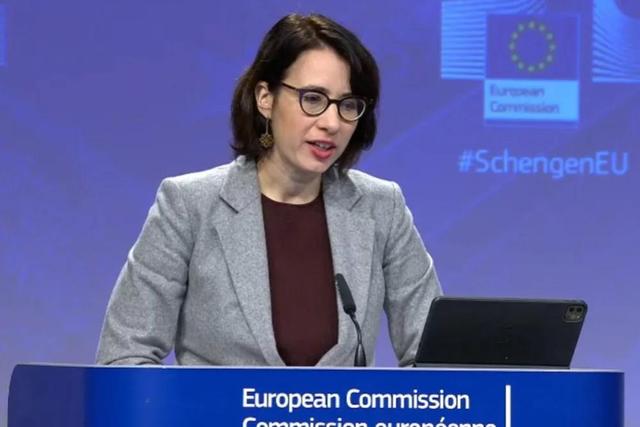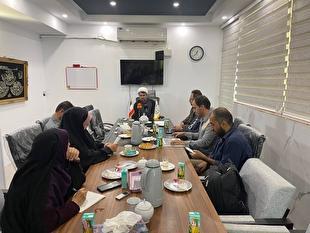From Malcolm X to Mamdani: The quest for justice cannot be killed
From Malcolm X to Mamdani: The quest for justice cannot be killed

In the United States, the struggle for justice never truly dies. It may be buried, erased, sidelined - but it always finds a way back. New forms, new faces, new voices.
Two men, generations apart - one an icon of the civil rights movement, the other a rising New York politician - stand on the same moral ground.
Six decades on from the assassination of Malcolm X, New York City mayoral candidate Zohran Mamdani continues to represent his fierce, unapologetic belief in equality, justice and liberation.
Crucially, Malcolm X, like Mamdani, was a proud Muslim. His early worldview was forged in the crucible of segregation and the Black nationalism of the Nation of Islam - a movement that inverted white supremacy but still divided the world into Black and white, oppressor and oppressed.
For a man who had known only the brutality of Jim Crow, the system of racial segregation laws enforced in the southern US in the late 19th and early 20th centuries, this seemed immutable.
Then came his pilgrimage to Mecca. What he witnessed during Hajj shattered that binary: “You may be shocked by these words coming from me. But on this pilgrimage, what I have seen, and experienced, has forced me to rearrange much of my thought patterns previously held, and to toss aside some of my previous conclusions.”
In the holy land, Malcolm X saw what the US had taught him to believe was impossible: human beings of every colour and language - blue-eyed blonds next to Black Africans - united in ritual, dignity and shared purpose.
“Never have I witnessed such sincere hospitality and the overwhelming spirit of true brotherhood … we were all participating in the same rituals, displaying a spirit of unity and brotherhood that my experiences in America had [led] me to believe never could exist between the white and non-white,” he noted.
Structural oppression
Hajj didn’t just reshape his politics; it transformed his soul. Malcolm X returned to the US renewed, carrying a vision not only of Black liberation, but of universal human dignity: “America needs to understand Islam, because this is the one religion that erases from its society the race problem.”
He came to see racism not simply as an internal American sin, but as a global structure - a colonial network linking the struggles of African Americans to those of Algerians, Ghanaians, Vietnamese and Palestinians.
In his essay “Zionist Logic”, he described Zionism as “a new form of colonialism” - a project cloaking dispossession in humanitarian language. He named a reality that American leaders refused to acknowledge: oppression is not local. It is structural. It is global.
Malcolm X once said: If you're not ready to die for it, put the word 'freedom' out of your vocabulary. Mamdani says: I will find myself in the light
Six decades on, a young politician stands in a mosque in New York and speaks words Malcolm X would have recognised: “I will not change who I am. I will not change how I eat. I will not change the faith that I am proud to belong to. But there is one thing I will change: I will no longer look for myself in the shadows.”
When Mamdani first entered politics, he was urged to keep his faith quiet - to flatten what might be “too Muslim” for American public life. It’s a lesson many Muslims in the West have internalised: ask for less. Expect less. Be grateful for scraps.
But like Malcolm X, Mamdani refused invisibility. He has embraced his faith not as a liability, but as a source of strength.
“The dream of every Muslim is simply to be treated the same as any other New Yorker,” he said in a recent video posted to social media. “And yet for too long we have been told to ask for less than that, and to be satisfied with whatever little we receive. No more.”
Existential threat
Mamdani, a 34-year-old Democratic Socialist, is no stranger to controversy or to courage. A long-time advocate for Palestinian rights, he has supported boycott, divestment and sanctions campaigns since his university days - a posture that remains central to his politics.
He has openly condemned US complicity in Israeli violence, and declared that, as mayor, he would seek the arrest of Israeli Prime Minister Benjamin Netanyahu should he set foot in New York City- a symbolic stance that electrified supporters and enraged opponents.
The backlash has been fierce. In the final stretch of the race, corporate and real-estate interests have pumped extraordinary sums - more than $22m - into stopping him, a last-ditch bid by the city’s wealthiest to halt a campaign they regard as an existential threat to their power.
What Mamdani represents is not just a challenge to Israel’s image or to the Democratic establishment’s comfort zone. He embodies a generational shift - one that sees Israel less as a beleaguered ally and more as a rogue actor, with Palestinians as the oppressed side of a stark power divide. Even as billionaires and landlord lobbies mobilise, his coalition has broadened, not narrowed.
Malcolm X embodied politics that the American establishment found intolerable: a fusion of Islam with a radical, universalist, anti-colonial vision. It wasn’t just his militancy that frightened them. It was the clarity of his internationalism. As he said, “You can’t have capitalism without racism.”
His assassination in 1965 was not merely the silencing of a man. It was an attempt to abort a movement challenging white supremacy, imperialism and capitalist domination at their roots.
Today, Mamdani faces a different kind of assault: character assassination. A relentless smear campaign seeks to brand him as an extremist; to turn his solidarity with Palestine into a liability, and his faith into a weapon against him.
This is how power behaves when threatened: if it cannot co-opt a movement, it will try to crush it. If it cannot silence the message, it will defame the messenger. The same forces that feared Malcolm X’s vision now fear its modern incarnation - proudly Muslim, fiercely internationalist, grounded in justice, and unafraid to confront empire.
Widening rift
The stakes stretch far beyond New York City. The city with the largest Jewish population outside Israel has become a stage for a deeper reckoning - not only about power and principle, but also about where American Jewish opinion is moving.
One recent poll found that 43 percent of Jewish voters in New York City would vote for Mamdani, including 67 percent of those aged 18 to 44 - a generational break that would have been unthinkable a few years ago.
Nationally, polls show a widening rift: a majority of American Jews now believe Israel has committed war crimes in Gaza, with growing numbers seeing the conflict through a rights-based lens rather than a tribal one.
Israeli media are watching closely. As one analysis put it, beyond any change in the city’s character, these elections may indicate “whether support for Israel is a burden or an advantage in the United States, and whether Mamdani’s election will mark the direction that future Democratic leaders will take” in US-Israel relations. Even the absence of a united, public push by Jewish leaders against Mamdani has been noted as a striking shift from long-standing norms.
Pressed repeatedly by the media to state whether he supports Israel’s right to exist as a Jewish state, Mamdani responded with clarity: “I’m not comfortable supporting any state that has a hierarchy of citizenship on the basis of religion or anything else. I think that, in the way that we have in this country, equality should be enshrined in every country in the world. That’s my belief.”
Defiant pulse of liberation
Malcolm X was among the first prominent Black leaders to speak unflinchingly for Palestine. In 1964, he visited Gaza, met with Palestinian leaders, and wrote “Zionist Logic”. He saw in the Palestinian struggle what he saw in Alabama: occupation, violence, and the erasure of humanity. "The present occupation of Arab Palestine has no intelligent or legal basis in history," he noted.
Mamdani, too, has been clear where others equivocate: “Every day in Gaza has become a place where grief itself has run out of language,” he said, condemning Israel’s genocidal war against Palestinians.
Where other politicians hedge, Mamdani names. Where others retreat to safe abstractions, he stands in moral clarity. In that, he channels Malcolm X’s fearlessness.
Two men. Two moments. One current running through them both: the stubborn, defiant pulse of liberation
For both Malcolm X and Mamdani, Africa is not just ancestry - it is a worldview. Malcolm X’s Pan-Africanism shaped his internationalism. His travels to Ghana, Egypt and Nigeria deepened his understanding of colonialism as a global system.
Mamdani inherits a similar lens from his father, Mahmood Mamdani - a towering scholar whose work on settler-colonialism and postcolonial power has become essential reading - and from a family history traced in From Citizen to Refugee, where migration, empire, and belonging are lived realities, not abstractions.
Who would have imagined that, upon the 100th anniversary of Malcolm X’s birth and the 60th anniversary of his assassination, New York City would be bracing itself for the possibility of its first Muslim mayor?
Malcolm X once said: “If you’re not ready to die for it, put the word ‘freedom’ out of your vocabulary.” Mamdani says, “I will find myself in the light.”
Two men. Two moments. One current running through them both: the stubborn, defiant pulse of liberation.
This is not the afterlife of a movement. This is the movement - unfinished, unbroken and advancing.
The views expressed in this article belong to the author and do not necessarily reflect the editorial policy of Middle East Eye.






